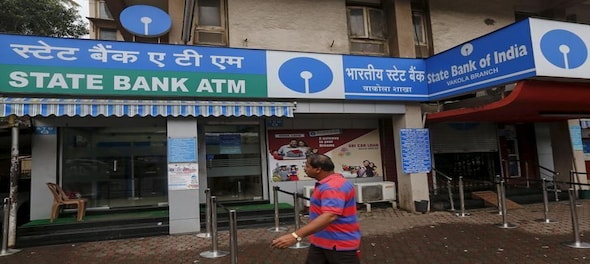
The 50th anniversary of the nationalisation of 14 banks provided the right occasion to assess the performance of this policy, and the verdict across the political, policy and the intellectual spectrum is that, even if there was a justification for nationalisation in 1969, these banks have now become an albatross and need to be privatised. Former finance ministers, P Chidamabaram and Yashwant Sinha - politicians of opposing coalitions said on CNBCTV18 that there was a logic to the decision in 1969: that private banks were badly run and served to use public savings to a select few and hence needed to be nationalized.
But both argued that nationalisation has “soured” (Sinha) and “ that mid-way we should have reassessed their utility and de-nationalized some of them” (Chidambaram). Both said they attempted privatisation but got no political support. Sinha said,”I was made to feel like a criminal... for even suggesting that government stake be brought down to 31 percent”.
Dr Y V Reddy was less forgiving of even the original decision of 1969. The astute governor pointed out that if social ends had to be served, the State Bank alone should have sufficed. Secondly, the Indira Gandhi government went for a second round of nationalisation in 1980 of six well-run banks which gave the message that if you are well-run, you will be nationalized, says Reddy. Thirdly, Indian banks were nationalized and became inward-looking through the seventies and eighties when great strides were being made in finance the world over. India just fell behind he says.
Reading the sequence of events of 1969, one does get the impression that nationalisation was a ploy used by Mrs Gandhi to wrest an ideological advantage in her battle with fellow Congressmen. The goal of serving farmers was secondary. Wrestling control over the Congress and establishing herself as the unchallenged Robinhood leader of the party and the country was the prime purpose.
Actually, it is pointless to battle the original reasons. the fact of the matter is, nationalized banks are certainly causing the country more pain than gain today and that is reason enough to privatise them. Two sets of numbers should suffice: As of FY19, default loans (or non-performing assets) of PSU banks stand at 13%, against 4.2% for private banks. As of FY18, private banks reported profits of over Rs 40,000 cr while PSU banks reported losses of Rs 85,400 crores.(RBI’s Report on Trend & Progress of banking in India).
While a lot of noise is made about the losses caused by PSU banks, a word on the injustice that the polity has heaped upon the PSU bankers. Till the eighties the SBI entrance exam was as competitive as the IAS and RBI entrance exams, The cream of the students were the ones who cleared the probationary officers' exam for nationalised banks. The country has done grave injustice to this crop by heaping on them politically motivated loans and programs and forcing them to compete with private banks who are not similarly disadvantaged, Further, PSU bankers until last year came under the Prevention of Corruption Act. They continue to come under the CAG and the CVC. They can not recruit competitively from leading colleges. And yet they have to compete with private banks. Maybe the nation has been more unfair to PSU bankers, than the other way round.
As for their boards, a paragraph from Dr YV Reddys book “ADVICE AND DISSENT” will suffice. The learned governor writes that when he was banking secretary in 1991, his finance minister Manmohan Singh asked him to get a list of high-quality finance experts to be appointed to PSU bank boards. Reddy got him the list. But none were appointed from that list. When Reddy asked the FM what happened, an unhappy Manmohan Singh said, whomever he had suggested, the party discarded saying they are not friends of the party.
This paragraph indicates why nationalized banks may never be privatised. As Dr Reddy points out, what politicians of both ends of the spectrum- UPA and NDA have realised is that PSU banks give them two huge advantages: One it gives them a huge pot of money over which Parliament has no control and two, it gives the central government an administrative machinery in the states to do their bidding. State governments even of the same party as the centre, are usually unwilling to spend states’money and state government officers to implement the various Pradhan Mantri Yojanas. The central government can always fall back on the PSU bankers.
Thus, despite the overwhelming weight of performance and of intellectual opinion being in favour of privatisation, the chances look bleak.
Check out our in-depth Market Coverage, Business News & get real-time Stock Market Updates on CNBC-TV18. Also, Watch our channels CNBC-TV18, CNBC Awaaz and CNBC Bajar Live on-the-go!


Lok Sabha Election 2024: Phase 5 voting concludes with over 57% voter turnout, experts weigh in on key battles
May 20, 2024 11:07 PM
BJP holds meeting in Delhi as polling underway for 5th phase
May 20, 2024 4:21 PM
UP Police arrests man after viral videos shows him voting multiple times
May 20, 2024 2:18 PM

